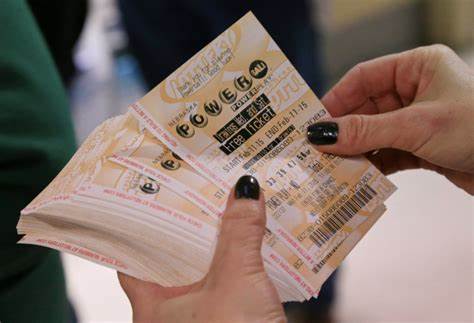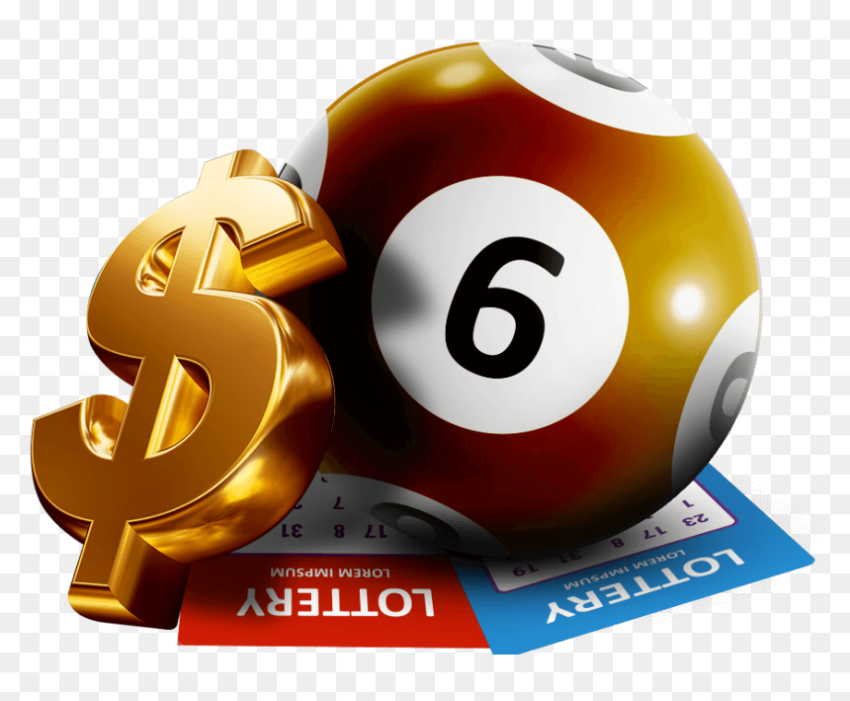Starting a lottery game involves careful planning, legal considerations, and strategic decision-making. Here’s a comprehensive guide to help you navigate the process and launch your own successful lottery game.
Research and Planning
Before diving into the world of lottery games, conduct thorough research to understand the market landscape, demographics, and regulatory requirements. Identify potential target audiences, analyze competitors, and assess the feasibility of launching a new lottery game in your area. Develop a comprehensive business plan outlining your goals, objectives, budget, and marketing strategies.
Legal Compliance and Regulations
Ensure compliance with all relevant laws, regulations, and licensing requirements governing lottery operations in your jurisdiction. Obtain the necessary permits, licenses, and approvals from government authorities and regulatory bodies. Consult legal experts specializing in gaming and lottery laws to navigate the complex legal landscape and avoid potential pitfalls.
Game Design and Mechanics
Design the core mechanics and gameplay elements of your lottery game, including the format, rules, prize structure, and ticket pricing. Consider factors such as odds of winning, frequency of draws, and jackpot size to attract players and maximize participation. Incorporate innovative features, themes, and promotions to differentiate your lottery game from competitors and appeal to a diverse audience.

Technology and Infrastructure
Invest in robust technology and infrastructure to support lottery operations, ticket sales, and prize distribution. Implement secure online platforms, mobile apps, and point-of-sale systems for convenient ticket purchases and transactions. Ensure data security, encryption, and compliance with industry standards to protect sensitive information and maintain customer trust.
Marketing and Promotion
Develop a comprehensive marketing and promotion strategy to raise awareness, generate excitement, and drive ticket sales for your lottery game. Utilize a mix of traditional and digital marketing channels, including advertising, social media, email marketing, and partnerships with retailers and media outlets. Create compelling promotional materials, such as advertisements, posters, and press releases, to engage potential players and build anticipation for upcoming draws.
Launch and Operations
Launch your lottery game with a high-profile event or campaign to attract attention and generate momentum. Coordinate logistics, distribution, and ticket sales through authorized retailers, online platforms, and mobile apps. Monitor game performance, track sales data, and analyze player feedback to optimize operations, identify opportunities for growth, and ensure compliance with regulatory requirements.
Responsible Gaming Practices
Incorporate responsible gaming practices into your lottery game to promote player well-being and minimize the risks of problem gambling. Implement measures such as age verification checks, self-exclusion programs, and responsible gaming messaging to encourage responsible play and prevent excessive or harmful behaviors. Educate players about the odds of winning, the importance of budgeting, and the potential consequences of gambling addiction. Partner with reputable organizations and support services to provide resources, counseling, and assistance to players in need. By prioritizing player safety and responsible gaming, you can build trust and credibility within the community while fostering a sustainable and ethical lottery environment.
Community Engagement and Social Responsibility
Engage with the local community and demonstrate your commitment to social responsibility through charitable initiatives, community partnerships, and philanthropic contributions. Allocate a portion of lottery proceeds to support local causes, charities, and community development projects. Sponsor events, scholarships, and educational programs that benefit residents and enhance the quality of life in the community. Foster meaningful relationships with stakeholders, government agencies, and community leaders to build goodwill and establish your lottery game as a trusted and valued member of the community. By investing in social responsibility and community engagement, you can create positive social impact, foster goodwill, and leave a lasting legacy for generations to come.
Customer Support and Engagement
Provide exceptional customer support and engagement to build trust, loyalty, and satisfaction among players. Offer multiple channels for inquiries, complaints, and assistance, such as hotline numbers, email support, and live chat services. Implement loyalty programs, rewards, and incentives to incentivize repeat participation and encourage player retention.
Continuous Improvement and Innovation
Continuously evaluate and refine your lottery game based on market trends, player preferences, and feedback. Experiment with new features, formats, and promotions to keep the game fresh and engaging. Stay informed about emerging technologies, industry best practices, and regulatory changes to maintain a competitive edge and drive long-term success.
Launching a lottery game requires careful planning, legal compliance, and strategic execution. By following these steps and leveraging innovative approaches, you can create a compelling and successful lottery experience that captivates players and delivers exciting opportunities for winning.

